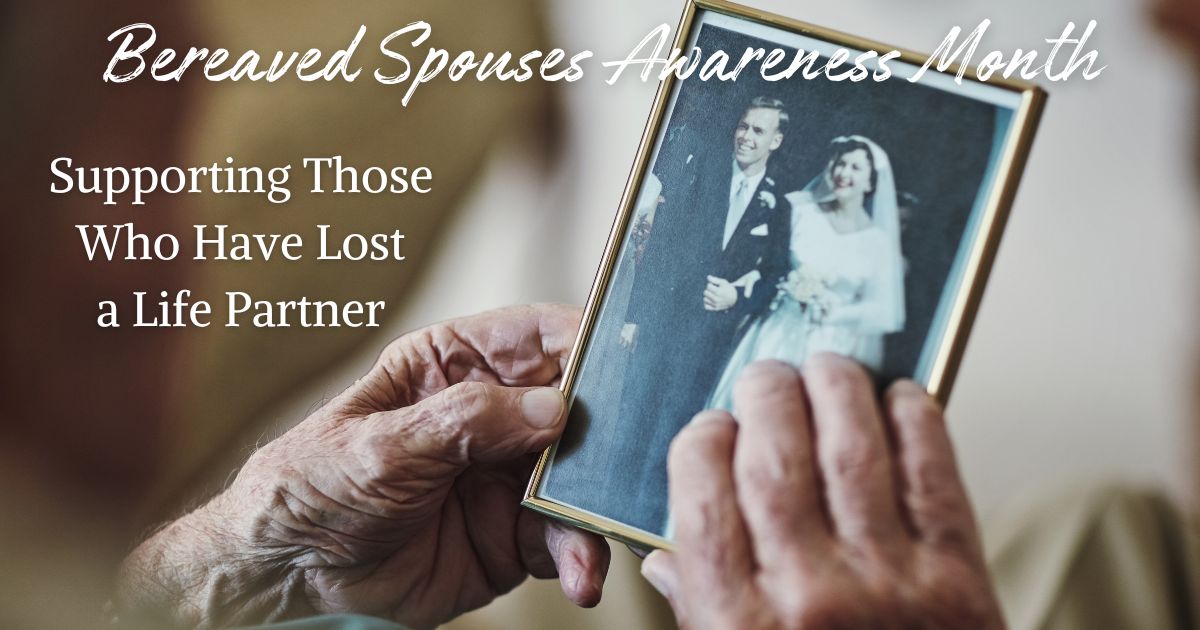
When someone you know experiences the loss of a loved one, offering your sympathy is a natural and compassionate response. It's a way to express your care, acknowledge their pain, and offer support during a difficult time. However, finding the right words can be challenging. We often fall back on familiar phrases like "I'm sorry for your loss" or "My thoughts and prayers are with you." While these sentiments convey your support, they can sometimes feel impersonal or fall short of expressing the depth of your empathy.
Speaking from the Heart
To offer truly meaningful condolences, strive for authenticity, and speak from the heart. Connect with the grieving individual on a personal level, acknowledging their unique relationship with the deceased and the specific impact this loss has had on their life. Consider these alternatives to well-worn clichés:
"We send thoughts of peace and courage to you." Grief can be a turbulent journey, filled with unexpected emotions and challenges. Offering wishes for peace and courage acknowledges the difficult path ahead and expresses your support for their strength and resilience.
The Power of Simplicity and Presence
Sometimes, the most meaningful condolences are the simplest. A heartfelt "I'm so sorry" or a gentle hug can convey more than words alone. Sharing a specific memory of the deceased, highlighting a quality you admired, or simply offering your presence and support can be deeply comforting. Let the grieving individual know that you are there for them, whether they need a listening ear, a shoulder to cry on, or practical assistance with daily tasks.
Active Listening and Empathy
Beyond words, active listening and genuine empathy are crucial. Be present, offer a shoulder to cry on, and allow the grieving individual to express their emotions without judgment. Resist the urge to offer advice or try to "fix" their pain. Simply listen with an open heart and acknowledge their feelings. Your willingness to listen and validate their experience can be a powerful source of comfort and support.
Offering condolences is an act of compassion and support. By moving beyond clichés and speaking from the heart, you can create a space for genuine connection and offer solace to those navigating the difficult journey of grief.

.png)



